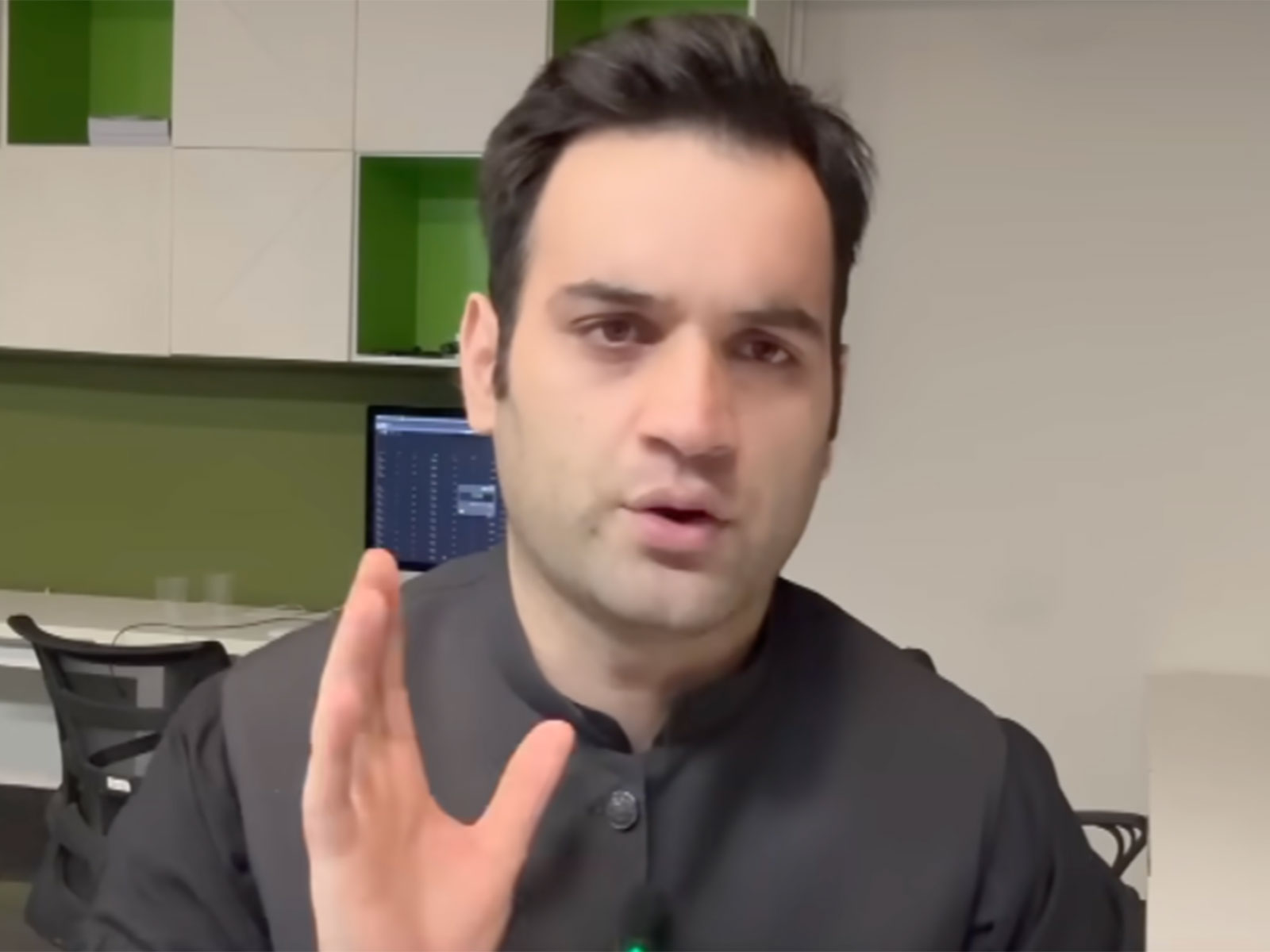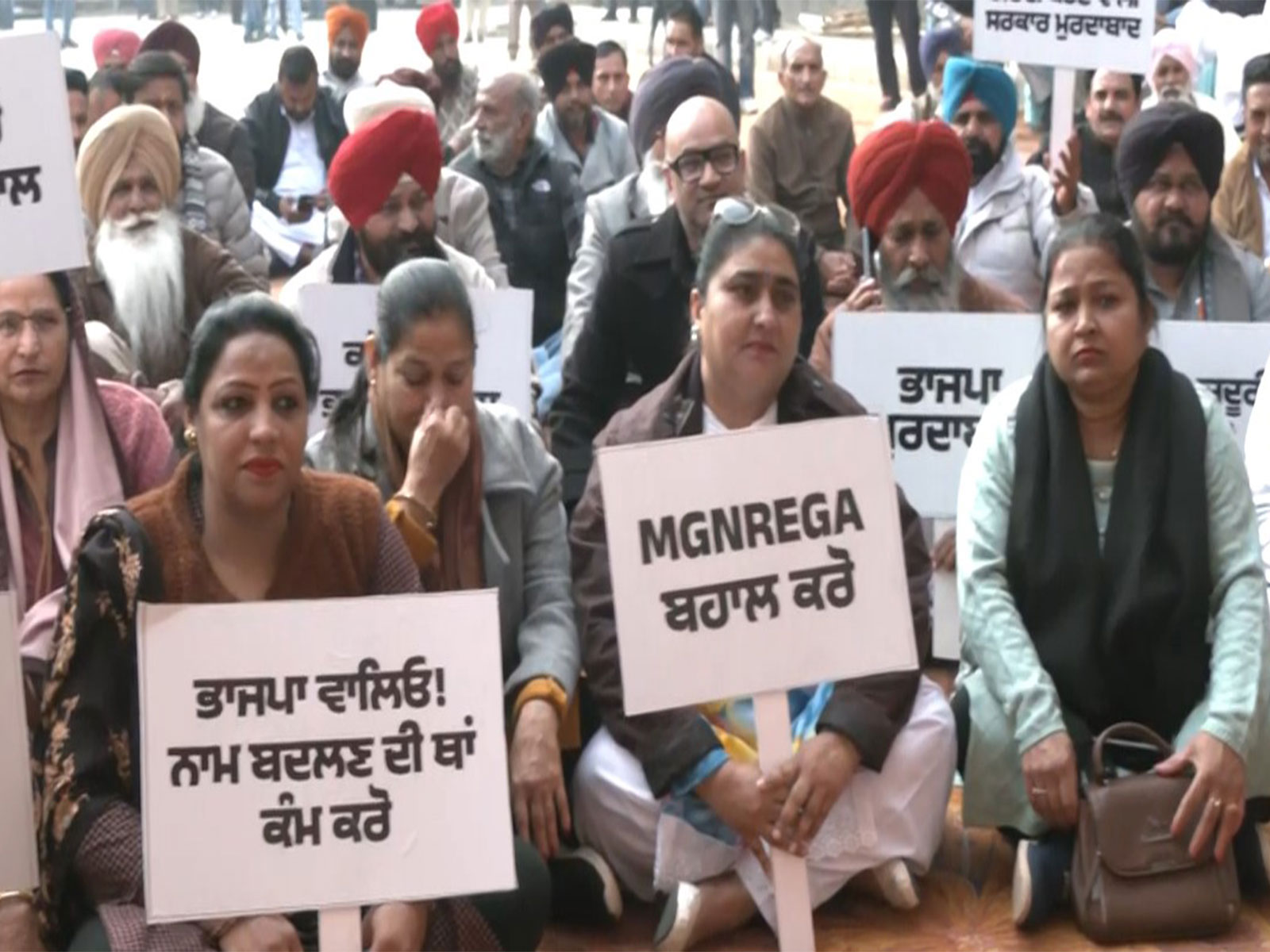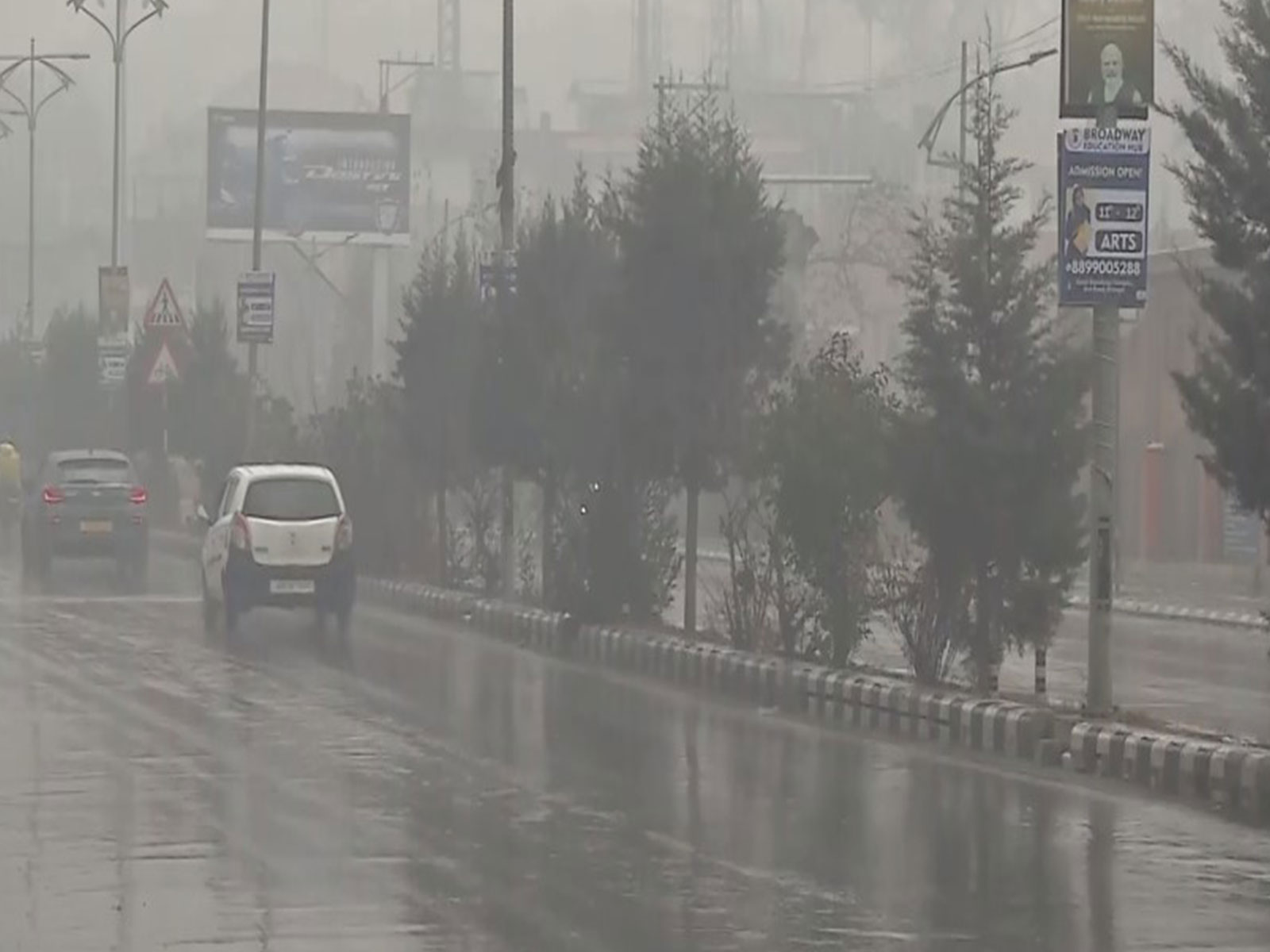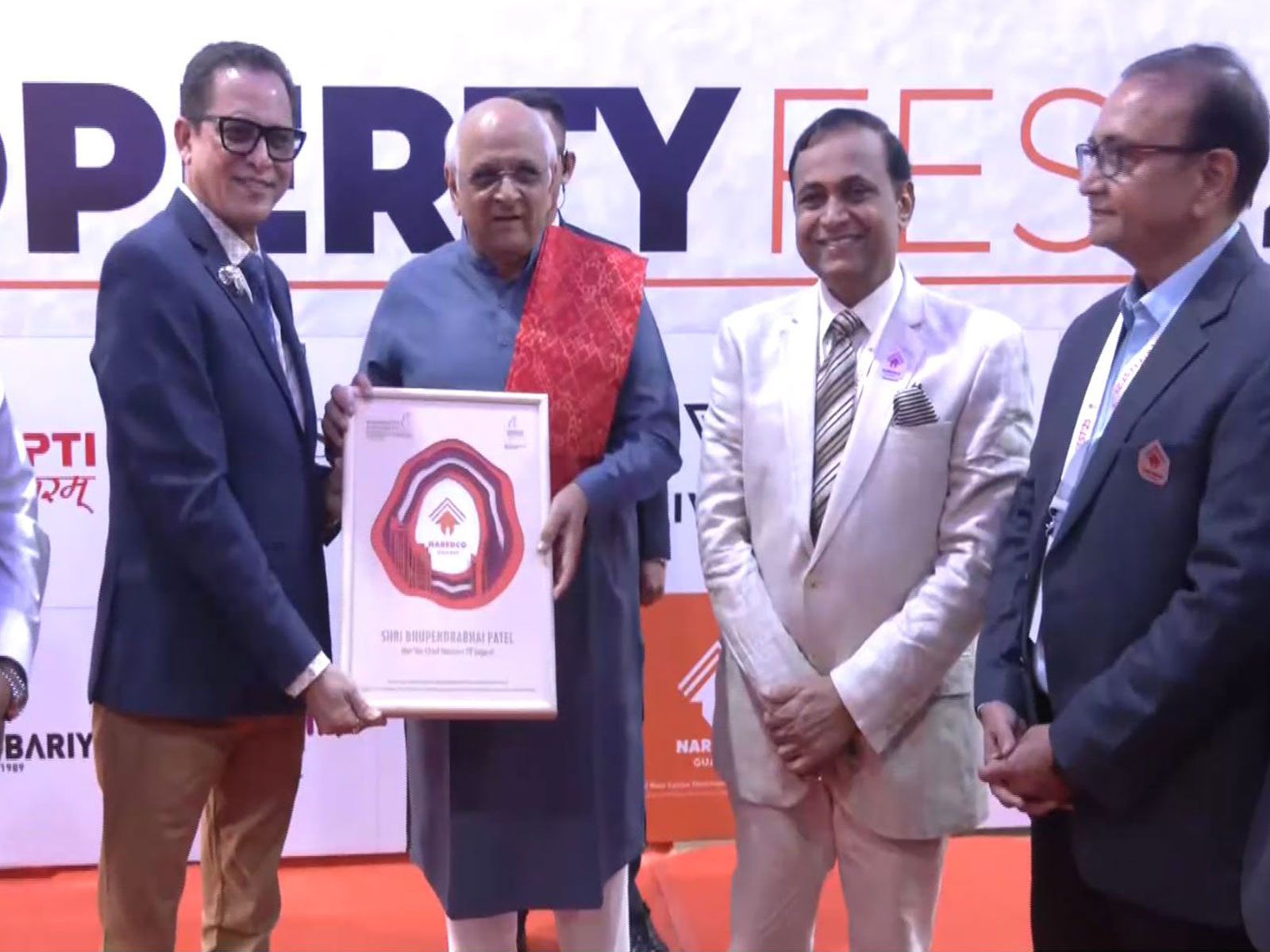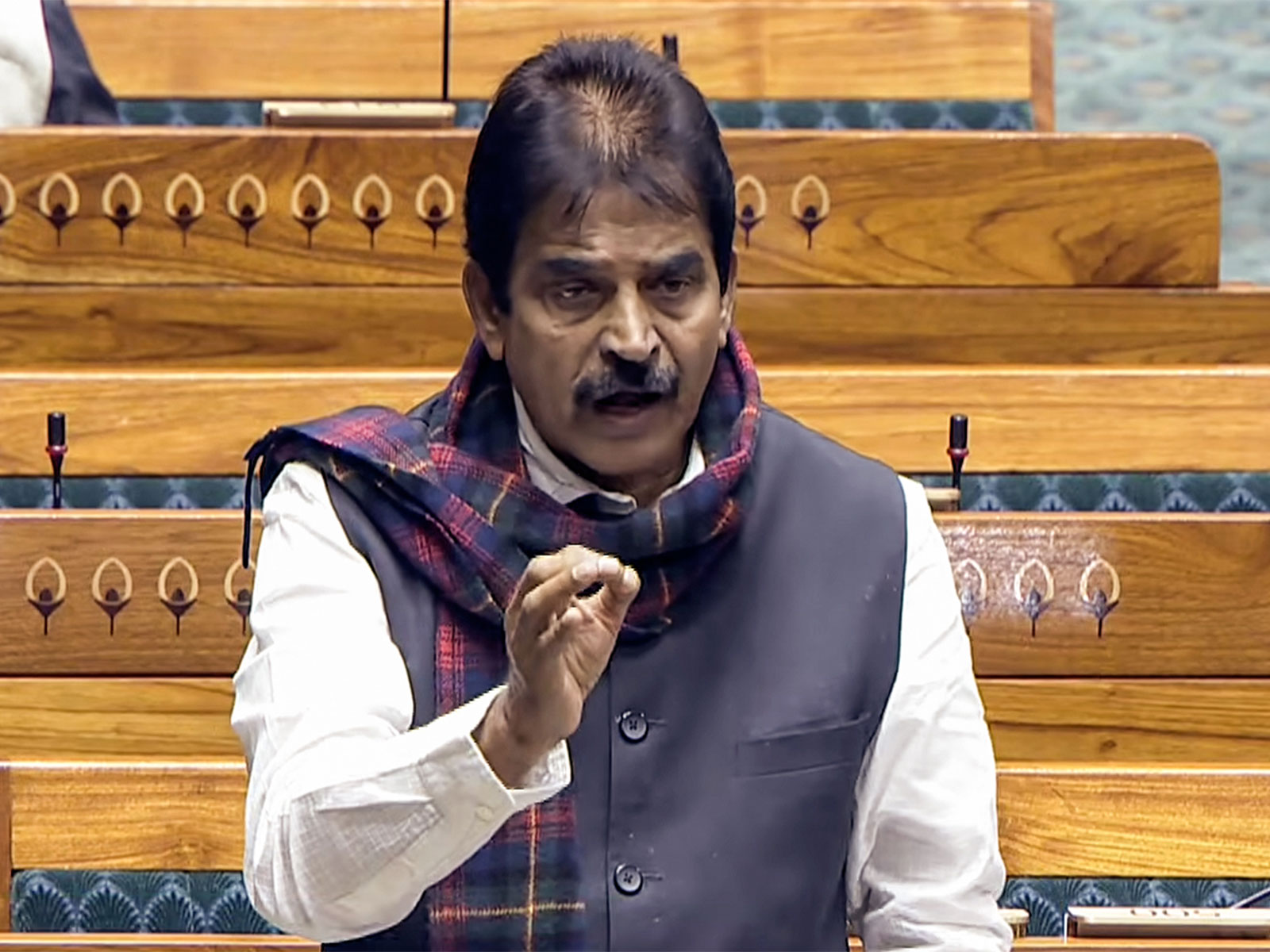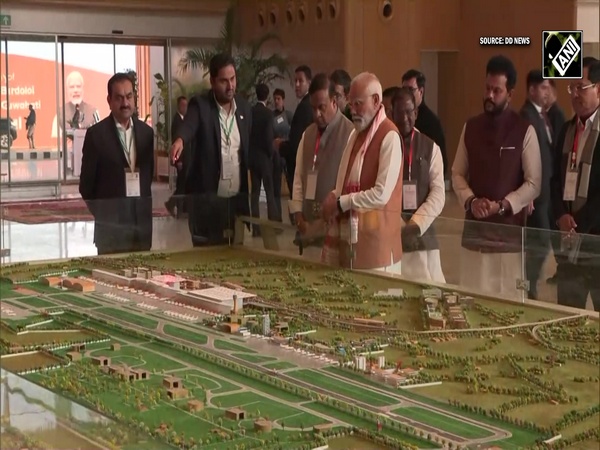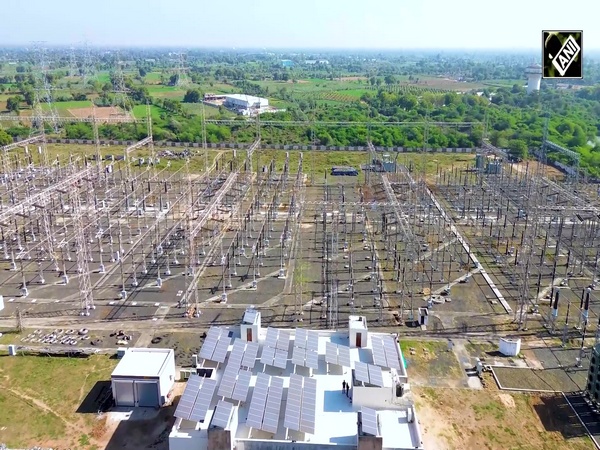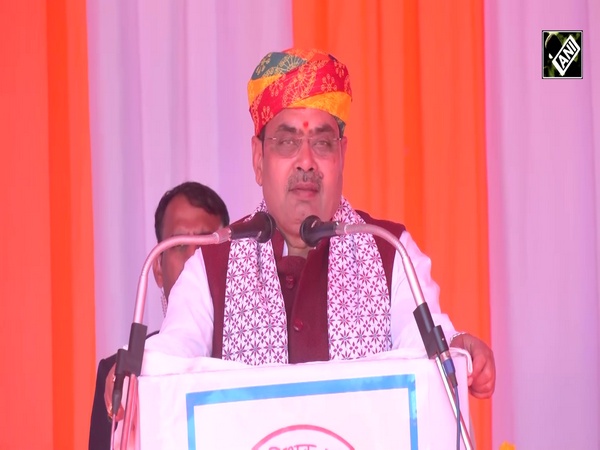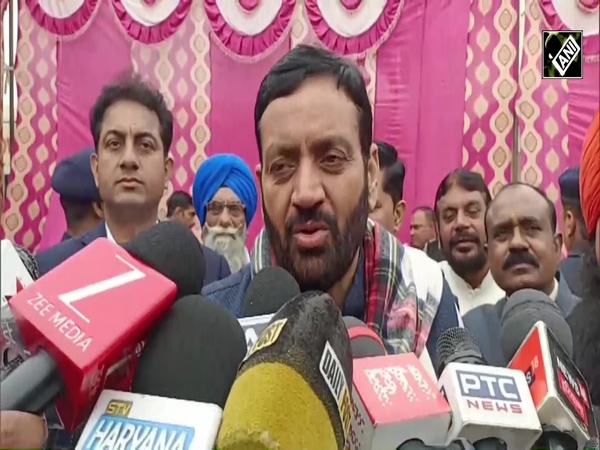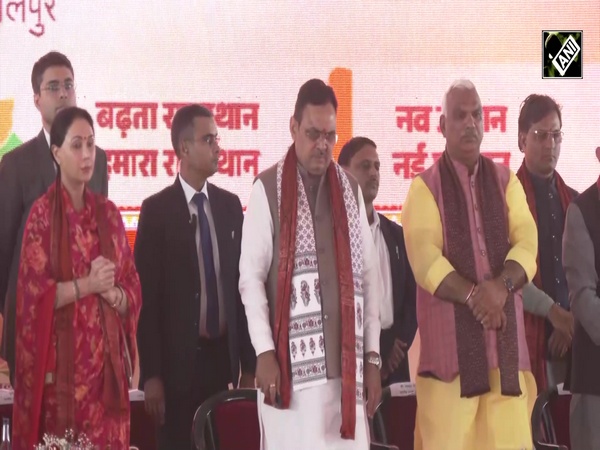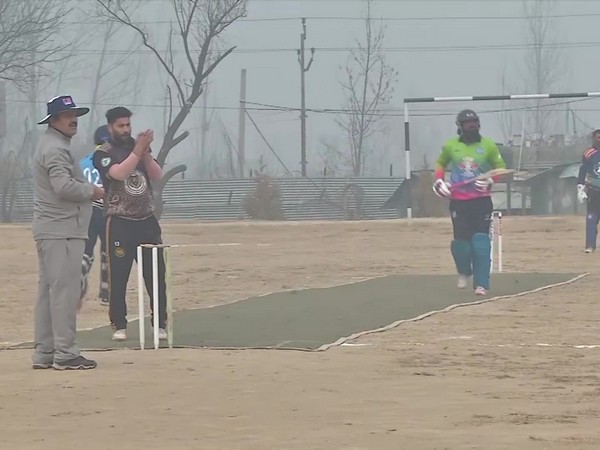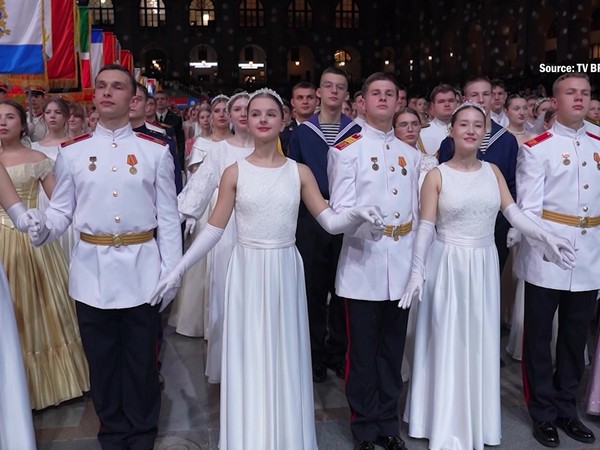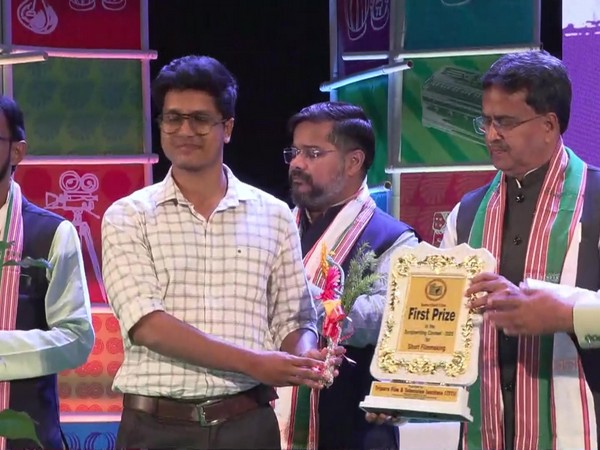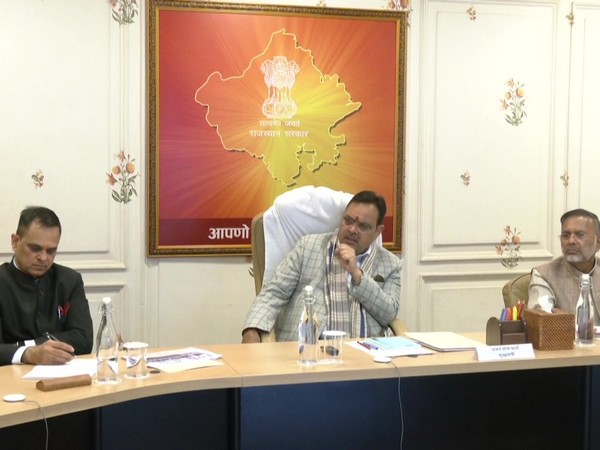Vice President Kamala Harris: Beyond the Superlatives
Jan 21, 2021

By K. Divia Sawhney
Los Angeles [US], January 21 : In the wake of Madam Vice President Kamala Devi Harris' win, post-election tweets and merchandise boasted the slogan, "The VP looks like me." The global public's investment in Harris and what she meant to a greater multi-ethnic community has rung out in celebration from her mother's place of birth in Tamil Nadu, reaching as far across the globe as Harris' home state of California.
But the importance and impact of Harris' win runs even deeper than representation and visibility, where elusive hope has fueled belief in a future worthy of such enthusiasm.
"In recognizing ourselves in Harris, we recognize that success can dovetail with goals for increased egalitarianism in society," says Dr Anila Bhagavatula, a well-published Doctor of Psychology and university professor based out of Southern California, who currently teaches Social Psychology at California State University, Long Beach to a diverse student population.
Dr Bhagavatula is part of the Indian diaspora herself, but after leaving India at seven years old, she has maintained a connection to the culture and place through family and frequent visits. Dr Bhagavatula offered her thoughts on the significance of Madame Vice President Harris' election as reaching beyond performative representation or tokenistic appeal.
Dr Bhagavatula wrote: "Harris is not a symbol of change as much as she is a symbol, in her gender, in her religion, and in her multicultural makeup, of how people are looking for an America that moves forward, not to take things back to the way they were. We see this reflected in the diversity of Biden and Harris' picks for the cabinet."
Within the Biden-Harris administration, more than 20 nominees are of Indian heritage. In this action, this new administration has created metaphorical room at the table by overcoming the stagnate inertia of resistance, the precedent of which is likely to endure long after this presidential term.
These appointments also seem to fulfill a prophetic adage of Harris' mother, ShyamalaGopalan Harris who advised the future VP, "You may be the first to do many things, but make sure you're not the last."While Harris'maternal lineage hails from the small village of Thulasenthirapuram, outside of Chennai, Harris's own identity sits at a nexus. She is a first-generation American as well as the daughter of an Indian mother and Jamaican father, both of whom were immigrants, professionally successful, and civil rights activists.
Dr Bhagavatula also addressed the two diasporas that Harris embodies within her heritage by bringing attention to an issue that silently plagues Asian-Americans. Dr Bhagavatula names the disparity between a forced and violent African immigration and the voluntary emigration of Indians bound for opportunities, and armed with education, where she describes the comparison of the two populations as a "false contrast." A contrast that speaks to a pressure within Asian-Americans to maintain an attitude of unrelenting gratitude as the "model minority" of the United States, and otherwise seeks to answer why fearful apathy was allowed to thwart any unrealized united efforts for societal change. Dr Bhagavatula further contextualized, "In Harris, the Indian community sees someone who has embraced both of these communities in her identity and who uses her personal experiences not to simply acclimate within the large community of the United States but to improve it."
Harris' career speaks to a greater philosophical refusal to accept neither the limited state of civil rights nor the problematic barriers of race in the United States. This patriotic defiance reveals her to be an unrivaled fit for the Vice Presidency as well as the kind of leader necessary to sculpt this formative moment in U.S. socio-political history where Americans could choose to mend a frayed and bloodied social fabric.
Dr Bhagavatula comments: "In Vice-President Harris, Indian-Americans see someone who loves America enough to care about changing it. Her concerns about discrimination, educational inequality, and disparities in health care reflect the concerns of many persons of colour and make many feel their concerns are not only validated but are reflective of the majority of Americans who voted for her and Biden."
Informed by her own complex identity, Harris has shown great empathy for the experiences of immigrants and people working hard to carve out their own piece of the long-fabled American dream.
Though Harris' win plumbs deeper than her heavily-heralded visibility, the impact of representation as important in itself cannot be entirely sidelined. A fond example might be found in a moment shared between President Barack Obama and a young boy who asked if the president's hair was "like mine." President Obama leaned down to allow the boy to feel for himself, as captured in the iconic photograph appropriately entitled, "Hair Like Mine."The dignity and authority with which Vice President Harrisswore her oath of office served as a similarly powerful and optimistic reflection of ourselves, our sisters, mothers, or our Aunties. For the Indian and Black American communities, there is now a VP that looks like us.
From Dr Bagavatula's view, such reflections serve to increase any given populations' political participation, stating: "It increases their own political involvement by making them feel they have a key role in addressing racial, gender and cultural inequities, and that their actions can bring out real change... Greater representation of women and/or minorities in leadership can serve as a reminder that societal evolution is slow but real, and motivate women, persons of color, and other minorities to address the issues that are of the greatest importance not only to them but to a more optimal society overall."
On this Inauguration Day, observed with great respect to historical tradition and auspicious symbol, the United States has written a new forward-looking page of history. A moment that Dr Bhagavatulareflected upon in saying: "It gives hope to see there are many others also hoping to change the political fabric on negative expressions in all forms...in racism, in misogyny, in xenophobia, in violence against the LGBTQIA community. These negative expressions are not 'just words' or 'misunderstood' jokes."
The history of today is undeniable: Kamala Devi Harris has been sworn in as the 49th Vice President of the United States. Elected by the second-largest democracy in the world, to the second-highest office of this nation, as the first woman, and first person of colour.
For Madam Vice President Harris to destabilize the prejudicial notions of who is fit and suited to hold high office is a formidable feat, but to do so while inspiring new generations of a far-flung diaspora elevates this historic win from cursory artifice to profoundly impactful. While today's headlines were marked with superlatives, the immense significance of this election for the greater Indian community, and beyond, is what will mark tomorrow.
(Disclaimer: The author of this opinion piece is K. Divia Sawhney. The views and ideas expressed in the article are those of the author.)

